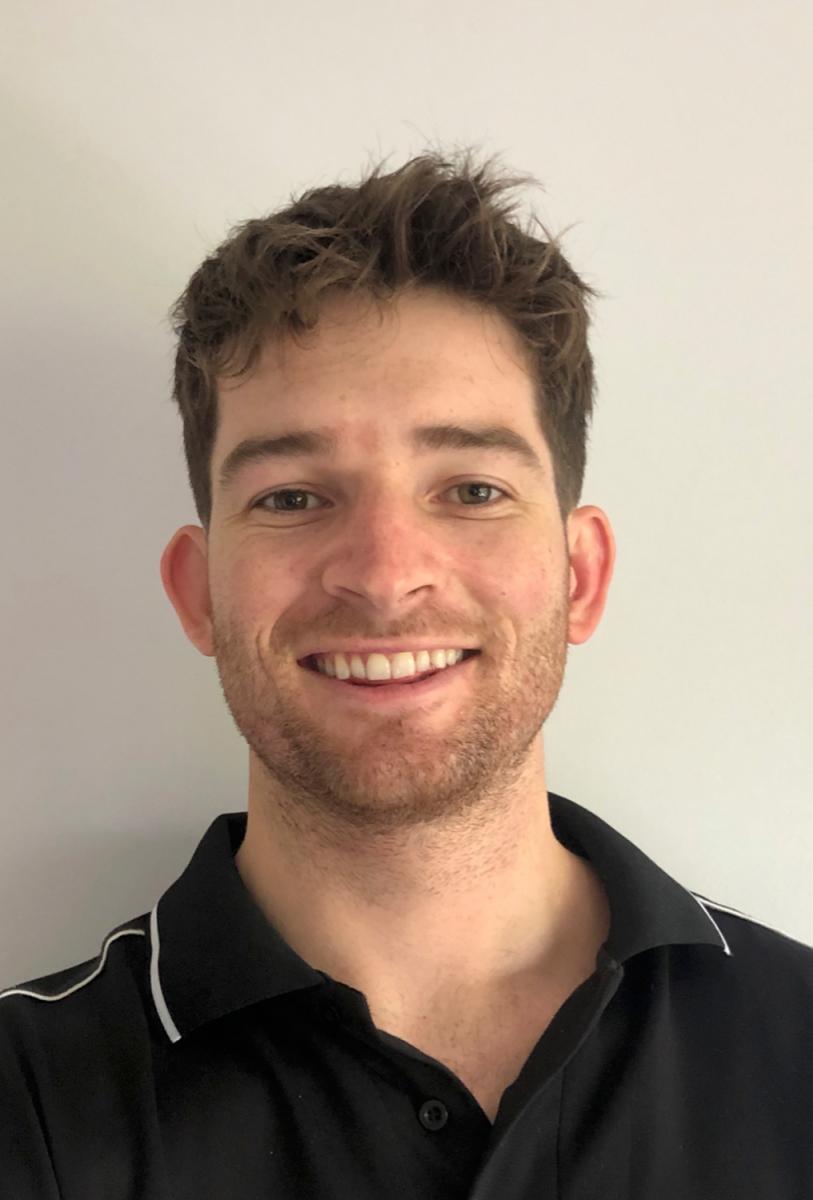Non-communicable chronic diseases (NCD) like type 2 diabetes, obesity & cardiovascular disease are a public health challenge across the world.
There are many risk factors in developing these diseases, however we know that modifiable risk factors like exercise and other lifestyle changes play a pivotal role in both reducing the development and progression of chronic diseases. Often increasing our physical activity and improving our dietary behaviours is recommended, yet rarely personalised and integrated into a global treatment plan.
Where does an Exercise Physiologist (EP) sit in the treatment of these NCDs?
EPs work closely with GPs and other Allied Health professionals to assist and guide those back to optimal physical function, health, or wellness. EPs regularly include diagnostic practices, functional testing, exercise prescription & supervision, patient counselling and education as a part of their treatment plan.
There are always barriers to changing our lifestyle behaviours
Psychosocial: Fear, low motivation, or minimal social support.
Physical: Fatigue, comorbidities, injuries, and other physical limitations.
Contextual & Environmental: Time, occupation, and geographical location.
An Exercise Physiologist can work together with the patient to navigate these barriers and provide valuable insight to improving their lifestyle, and ultimately manage their NCD.
Whilst its important and necessary to see clinical results in the management of these conditions (reduction in Hbac1, resting glucose levels etc), an EP will also prioritise getting back to the things you love to improve self-efficacy and ultimately autonomy.
For more information about or to book an appointment online with Exercise Physiologist Tom Bennet go to:
www.alphingtonsportsmed.com.au/practitioners#tom-bennett or call us on 9481 5744.




